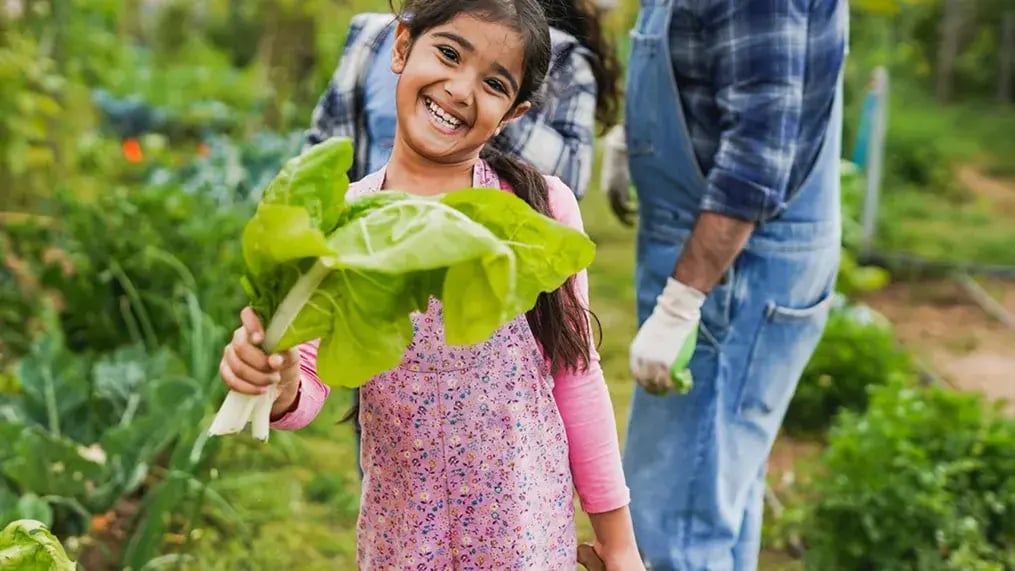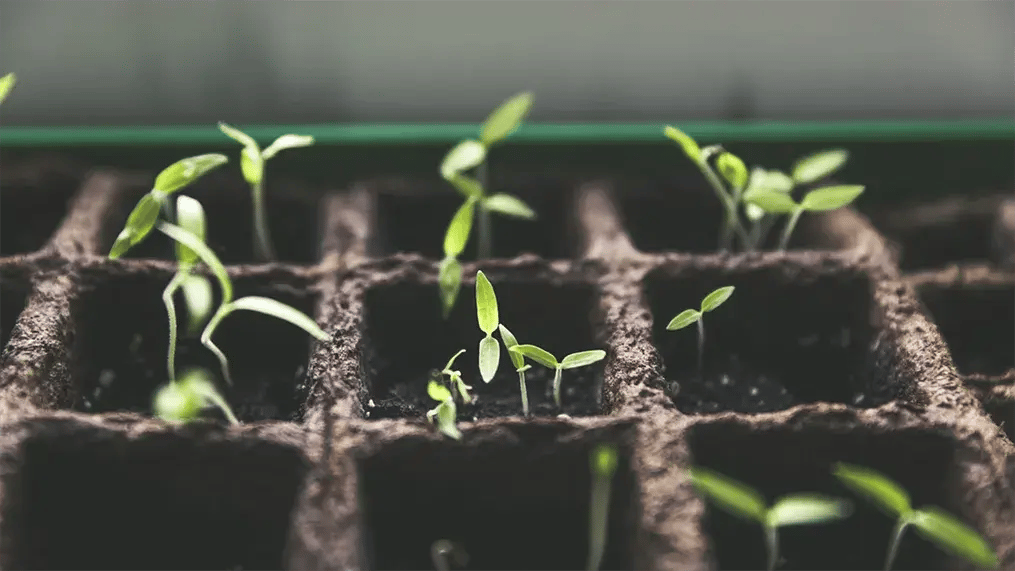- Academic Success
- Independence in Daily Activities
- Hand-Eye Coordination
- Cognitive Development
- Social and Emotional Development
- Creative Expression
- Preparation for Future Skills
- Planting Seeds
- Watering Plants
- Weeding
- Digging
- Transplanting Seedlings
- Harvesting
- Using Garden Tools
- Decorating Pots
Introduction
Gardening is a fun and engaging way for kids to practice fine motor skills. When children perform tasks that require small movements and coordination of hands, fingers, and wrists, they exercise the small muscles and joints, helping these parts of the body learn to work together to complete tasks. Gardening offers a variety of activities that naturally encourage this type of skill development.

For planting seeds, picking up tiny seeds to place them in the soil needs careful hand movements. Watering plants with a small watering can help kids learn to control the flow of water. Pulling weeds improves grip strength and coordination. Digging in the dirt with small tools exercises their hands and fingers.
These activities not only support physical development but also make learning enjoyable and rewarding. As kids see the results of hard work in the form of growing plants and blooming flowers, they gain a sense of accomplishment. Overall, gardening is a wonderful way to help children develop important fine motor skills while having fun and connecting with nature.
Why Is It Important To Improve Fine Motor Skills In Kids?

Academic Success
Fine motor skills are essential for academic activities such as writing, drawing, and using scissors. These skills enable children to form letters correctly, color within lines, and complete classroom tasks efficiently, laying the foundation for academic success.
Independence in Daily Activities
Fine motor skills are necessary for self-care tasks like buttoning clothes, tying shoelaces, brushing teeth, and feeding themselves. Improving these skills helps children become more independent and boosts confidence in managing everyday tasks.
Hand-Eye Coordination
Developing fine motor skills improves hand-eye coordination, which is vital for various activities, including sports, playing musical instruments, and performing precise tasks. Good hand-eye coordination supports overall physical coordination and agility.
Cognitive Development
Fine motor activities often involve planning, problem-solving, and sequencing, which are important cognitive skills. As children manipulate small objects, they engage brains in understanding how things work, promoting cognitive development and critical thinking.
Social and Emotional Development
Successfully completing fine motor tasks can give children a sense of achievement and boost self-esteem. Engaging in activities that require fine motor skills, like building with blocks or crafting, also encourages social interaction and cooperation with peers.
Creative Expression
Fine motor skills enable children to express themselves creatively through arts and crafts, writing, and playing musical instruments. This creative expression is important for emotional development and can be a source of joy and relaxation.
Preparation for Future Skills
Many future skills require well-developed fine motor skills, including typing on a keyboard, playing sports, or pursuing hobbies like knitting or model building. Early improvement in these skills prepares children for a wide range of activities they may encounter as they grow.
How Gardening Can Improve Kids' Fine Motor Skills

Gardening is a fantastic way for children to improve fine motor skills through engaging and enjoyable activities.
Planting Seeds
Picking up small seeds and placing them in the soil requires precise hand movements. This activity helps children develop dexterity and fine-tune hand-eye coordination. The careful handling of tiny seeds encourages kids to control movements, improving their ability to grasp and manipulate small objects.
Watering Plants
Using a small watering can control the flow of water helps kids develop coordination and control over hand movements. They must regulate how much water to pour, which strengthens the ability to manage force and direction and improves overall motor control and precision.
Weeding
Grasping and pulling weeds improves grip strength and coordination. Children learn to use the right amount of force and proper hand positioning to remove weeds without damaging nearby plants. This task helps develop the small muscles in the hands and fingers, which is crucial for tasks that require a firm yet delicate touch.
Digging
Using small tools like trowels or fingers to dig in the dirt exercises the muscles in the hands, fingers, and wrists. This activity improves strength, control, and endurance. Digging requires coordination between both hands, especially when transferring soil, which improves bilateral hand use.
Transplanting Seedlings
Gently handling delicate seedlings to transplant requires careful manipulation and fine motor precision. Children must be gentle yet precise, ensuring the seedlings are placed correctly without causing damage. This activity promotes careful, deliberate movements and improves the ability to perform delicate tasks.
Harvesting
Picking fruits, vegetables, or flowers involves using fingers to grasp and pull without damaging the plants. This task refines fine motor skills, requiring precise control and careful handling. Harvesting also teaches kids about the right amount of pressure to apply, improving tactile sensitivity and coordination.
Using Garden Tools
Handling tools such as small spades, rakes, or pruners involve different types of hand grips and movements. These actions promote muscle development and coordination. Learning to use tools properly helps children understand the mechanics of different grips and improves the ability to switch between various types of hand movements efficiently.
Decorating Pots

Painting and decorating plant pots or garden markers allows kids to practice fine motor control through artistic activities. These tasks require steady hand movements and precision, improving the ability to manage detailed work. Artistic activities like these also boost creativity and allow children to express themselves while developing fine motor skills.
Tarishi Shrivastava is a young writer who has covered a range of topics on children's health, including nutrition, fitness, sleep, and parent-child bonding. With a keen interest in simplifying wellness for parents, she brings a practical and engaging approach to her writing. Beyond work, she enjoys exploring new ideas, staying curious, and creating meaningful content.
The views expressed are that of the expert alone.
The information provided in this content is for informational purposes only and should not be considered a substitute for professional medical advice, diagnosis, or treatment. Always seek the advice of your physician or another qualified healthcare provider before making any significant changes to your diet, exercise, or medication routines.
References
https://kidsgardening.org/resources/garden-activities-fine-motor-skills/
https://www.mhfcschools.com/blossoming-minds-nurturing-growth-and-connection-through-gardening/
https://www.euroschoolindia.com/blogs/benefits-of-gardening-for-children/










